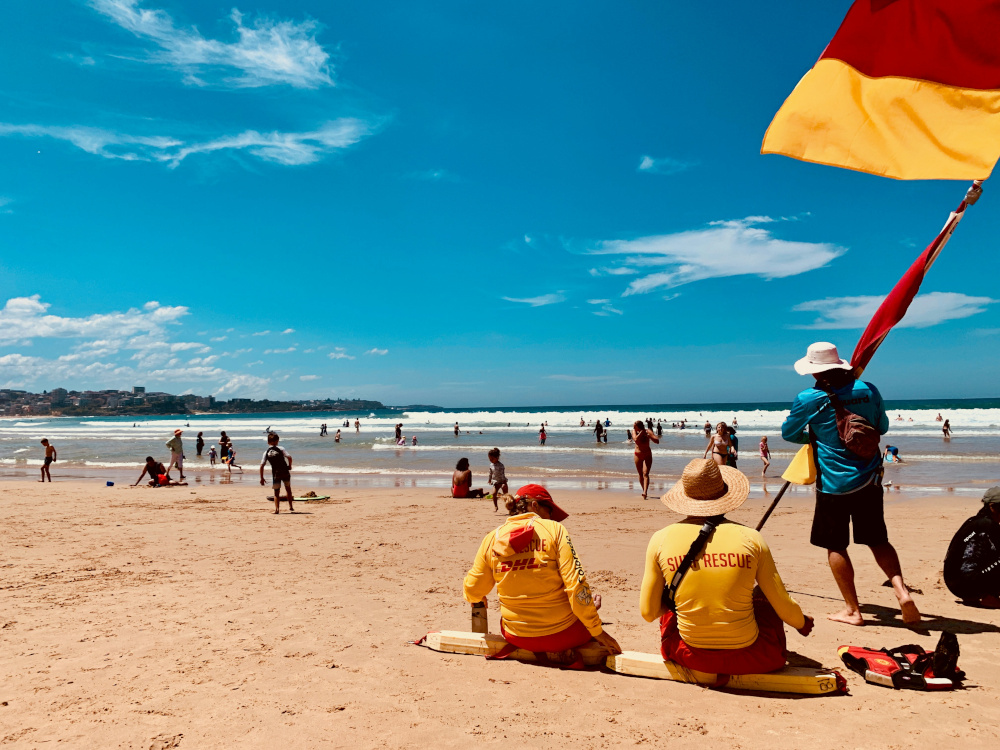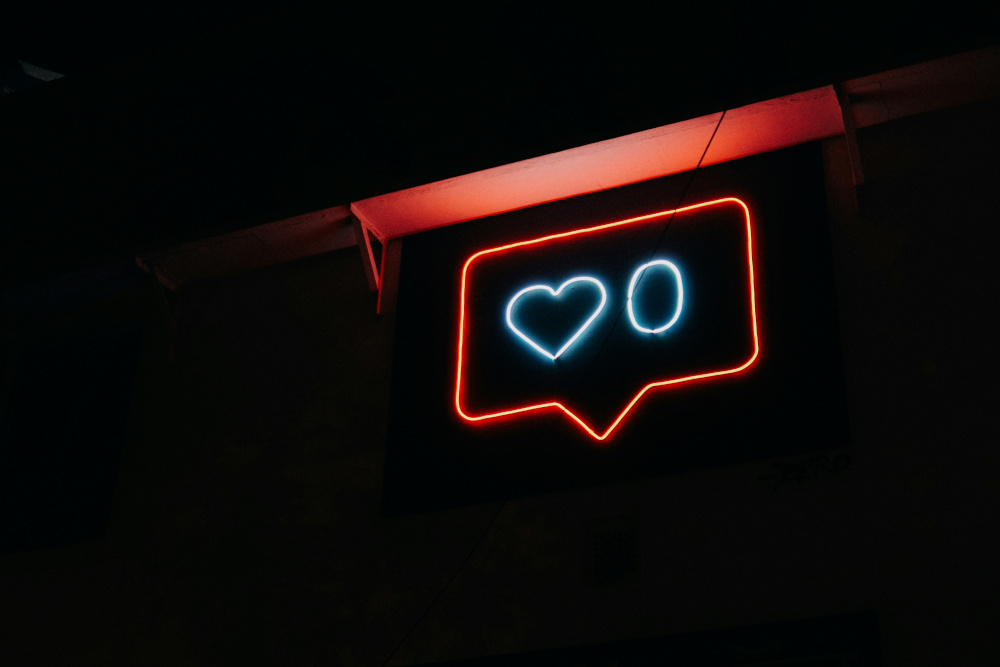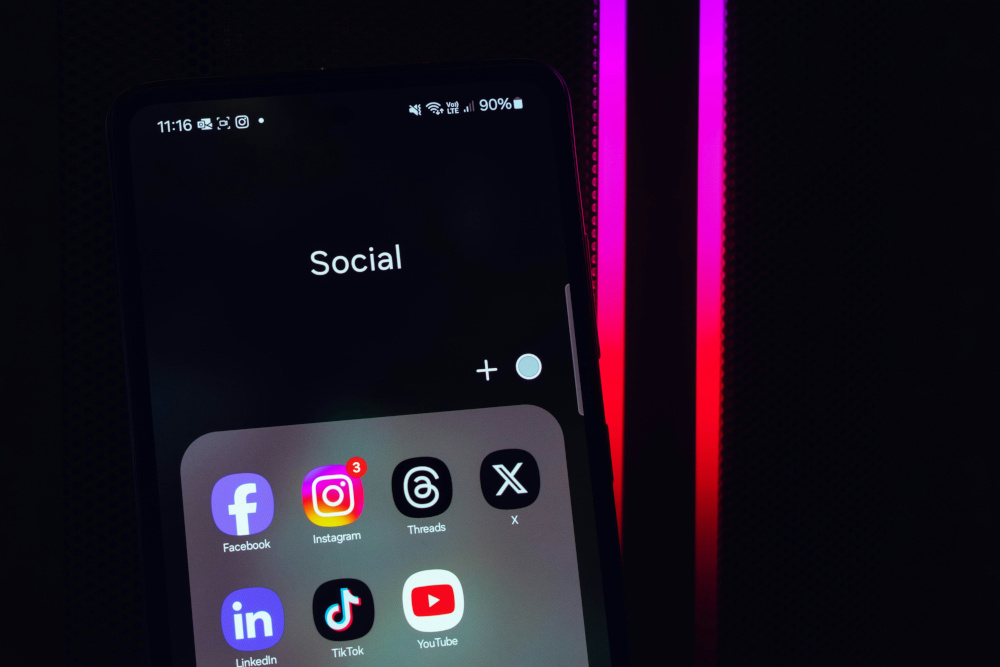If you’ve seen the news recently, I’m sure you know that people under 16 are set to be banned from social media in an effort to protect them from harm. Now, you will not find me arguing social media is without harm. Rather, I’d say adults aren’t doing so crash hot either.
Social media platforms such as Facebook, Instagram, and TikTok allow anyone to express their views, and find communities of like-minded people. But views can be wrong, and like-minded people can dig each other deeper into shared delusions.
Take anti-vaxxers. Sure, vaccine misinformation wasn’t invented on social media; it got to my grandparents long before Facebook. But, Facebook certainly made it easier for “a dozen misguided influencers” (one of whom is now US health secretary) to spread dangerous disinformation to millions of people. Of course, it could just be a coincidence that Australia is below the 95% vaccination rate needed for herd immunity against measles, and cases are on the rise. Why would social media have contributed to outbreaks in the US, Indonesia, Thailand, and Vietnam?
On a different note, earlier this year Instagram just started filling people’s feeds with gore.
And, I’m sure we were all laughing at the people caught cheating at that Coldplay concert. But, is it not concerning that information about two random people was so easily accessible that their names, faces, and (former) jobs quickly became international news?
So, yes. Social media can be harmful. And not only to teens.

ESafety Commissioner Julie Inman Grant compares the upcoming social media age restrictions to planting red and yellow flags at the beach. The digital age has “treacherous waters for children to navigate,” she says, and so we should learn from Australia’s approach to water safety.
The thing is, adults need to swim between the flags too. Turning 16 does not make one immune to rips any more than it makes one immune to misinformation, measles, or doxxing. Unexpectedly being confronted with violent images can distress people of any age.
If we accept banning people from social media is the best way to protect them (which not everyone does; the Australian Human Rights Commission has serious reservations), then it only makes sense to ban adults too. For our own safety.
(And, to continue Grant’s water safety metaphor, don’t mind that you can’t teach kids to swim without letting them in the water.)

